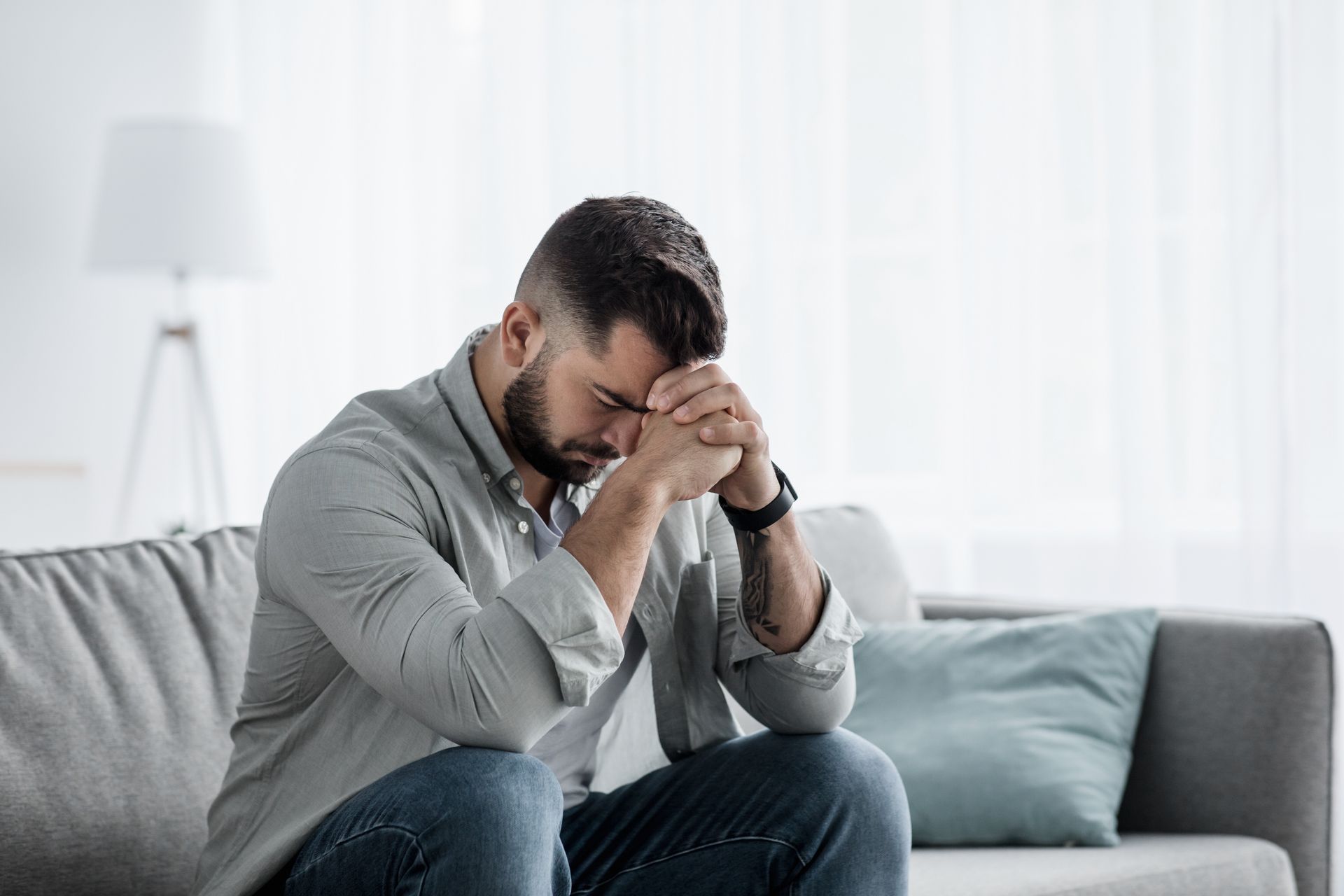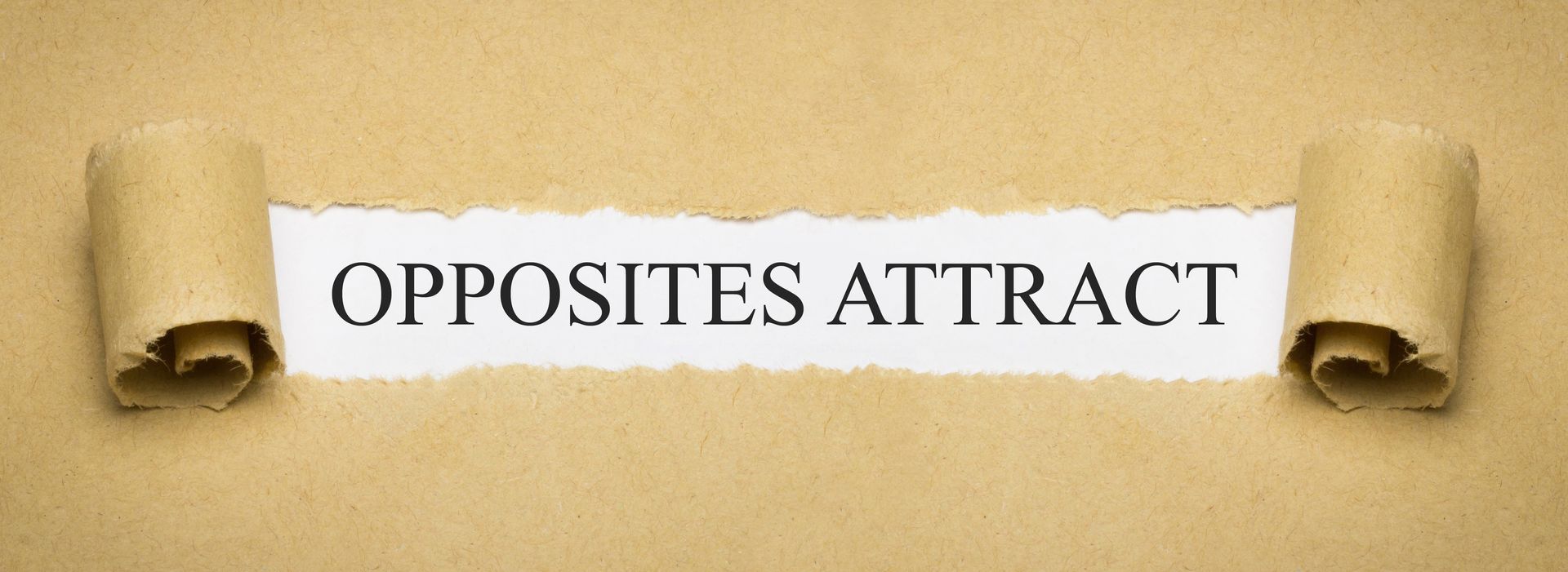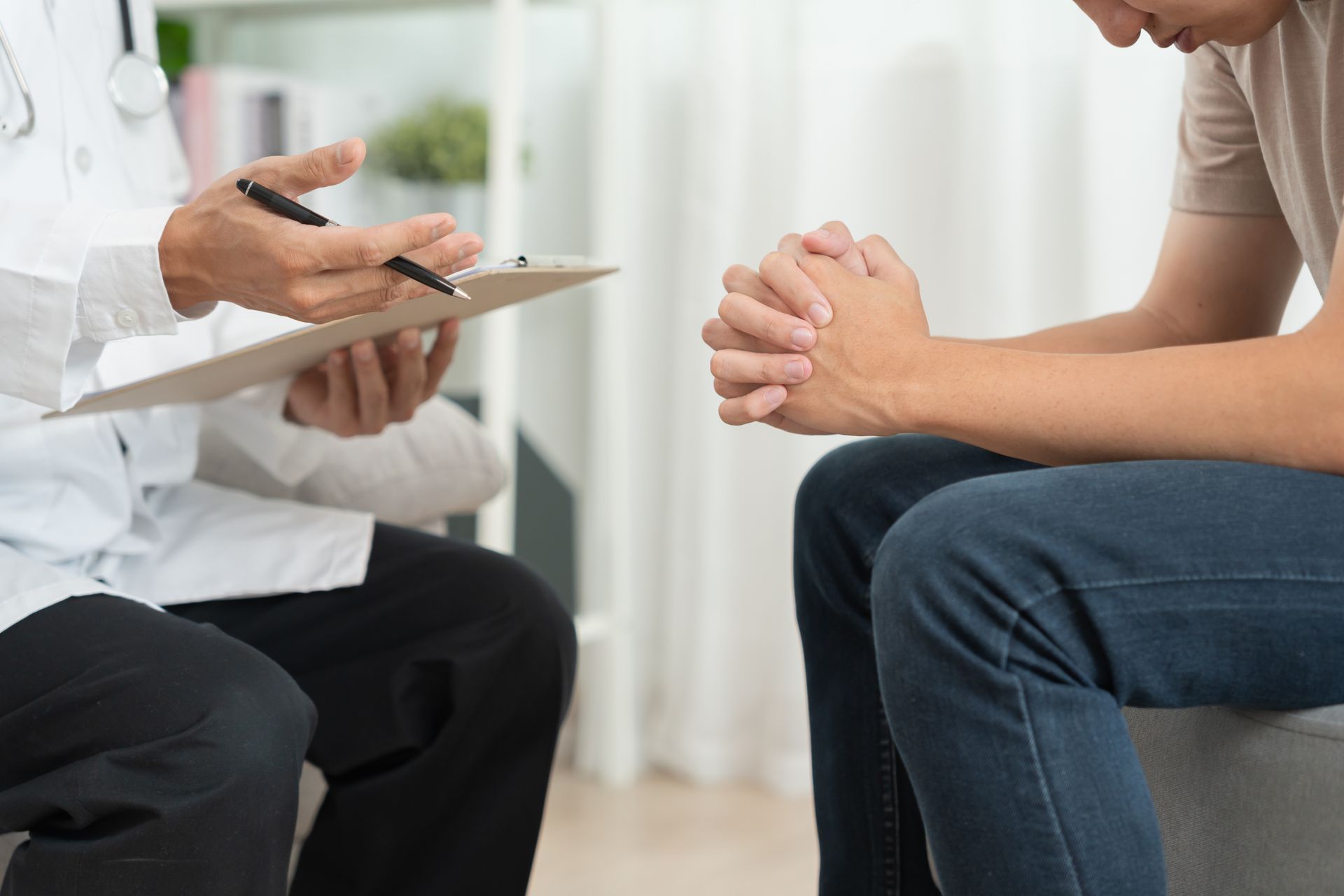5 Benefits of Virtual Psychiatry and Counseling

The pandemic's start has not been an easy time for most people. People have suffered through this pandemic with nowhere to turn, whether it’s a job loss or fear of the unknown. Fortunately, changes in technology and the country’s ability to adapt have made it possible for people to receive the care they need.
Most therapists and their clients have been meeting electronically since COVID-19 compelled individuals to stay inside as much as possible. While some adapting was required, many patients are amazed at how satisfied they are with virtual treatment, often known as teletherapy. Meeting your therapist in person has several advantages.
On the other hand, meeting online does not have to be viewed as a disadvantage. Virtual treatment does, in fact, have some significant advantages.
- Convenience
- Safety and Comfort
- Reliability
- Building a Strong Relationship
- Medication Management
- Final Thoughts
Let’s Begin!
Convenience
It’s true. Most of us hate waiting. In a modern society, where fast pace and instant gratification are valuable, we don’t want to wait for treatment. When it comes to mental health care, it shouldn’t have to wait either. It’s important. Since COVID-19, it’s a necessity that most people genuinely need.
We cannot disregard the ease of virtual treatment in our fast-paced society. You may save time and stress by meeting through video instead of driving to and from the treatment office. You can also avoid the stress that comes with missing therapy appointments. Perhaps you can add to your self-care habits with the time you save by not traveling to your appointments.
Safety and Comfort
You may establish a secure and comfortable treatment place on your own terms with virtual therapy. Perhaps you've wrapped yourself in a warm blanket or prepared a cup of tea to enjoy during your session. Maybe you're caressing your cat or diffusing your favorite essential oil. Virtual treatment allows you to choose where you want to go and how you want to modify your surroundings. That way, it feels as comfortable as possible for you.
You may also escape the unpleasant and sometimes anxiety-inducing wait in the waiting area by using virtual counseling and psychiatry. You won't have to deal with the awkward transition from the therapy office to the metro. Virtual psychiatry and counseling allow you to savor that secure bubble before and after your appointment if you feel safe and comfortable in your own home. Being in your physical surroundings may make you feel more comfortable opening up and sharing with your therapist. Starting virtual therapy might be a terrific approach to establishing a relationship with a therapist if you've never been to therapy before but have been contemplating it.
Reliability
It’s another advantage to virtual psychiatric care and counseling. You have a reliable outlet for mental health care. There are fewer hurdles to meet with a specialist too. I’ve had instances where my family members couldn’t book an in-person appointment for 3-months in advance.
Teletherapy also has the advantage of providing reliability. If you can meet through video, you have greater freedom and may be able to meet with your therapist more frequently. Some of the most prevalent reasons for needing to cancel may no longer exist. This means you don't have to miss your session if you're out of town or working from home.
If you've been seeing your therapist for a time and then move a long distance away, you can keep seeing him or her while you adjust. You may still see your therapist if you're unwell without worrying about spreading germs.
While being physically ill is a common excuse for individuals canceling appointments.
It's really a period when you can be most vulnerable emotionally and could benefit from the help of your therapist.
While the COVID-19 epidemic has brought so much of our society to a standstill, teletherapy has allowed many individuals to continue receiving assistance from their therapists. Living during the epidemic has been a very trying period for many individuals, and having access to ongoing counseling has been a huge help.
Building a Strong Relationship
We want to trust our doctor or specialist to have our best interest at heart. With that being said, you can expect your relationship to build over time with your doctor or counselor.
Virtual psychiatric care and counseling can also help you and your therapist develop a stronger feeling of closeness. It allows you to share your residence with your therapist. You might display important items in your space, such as pictures or wall art.
If your therapist works from home, you'll get a glimpse into their daily routine. This can give a valuable opportunity to reflect on how that feels. In addition, you’ll have access to the same doctor no matter where you decide to travel or move to.
Medication Management
You might not have access to a doctor, but your medication is running low. This can be worrisome. However, with virtual care, you are provided with access to a doctor or a counselor who can help you receive your prescriptions and refills on time without the hassle of scheduling an appointment and waiting for a doctor to see you.
If you are someone who is taking medication,
virtual psychiatric care and counseling can offer you the option of medication management. These counselors are specialized in providing referrals or refills if necessary. It’s essentially an all-in-one stop for those seeking help with mental health concerns.
Final Thoughts
Technology has provided access to health care to people throughout the United States and the world. The truth is many advances have given an edge to telehealth visits. You’ll find that it’s an alternative to office visits. It gives you an option to choose from too.
While much work has to be done before clients and therapists fully accept and explore online treatment possibilities, the future appears to be promising. Teletherapy throws up a whole new frontier in our ever-changing society, with more and more people telecommuting, busier schedules, and the need for greater flexibility.
To schedule an appointment, feel free to schedule here.











